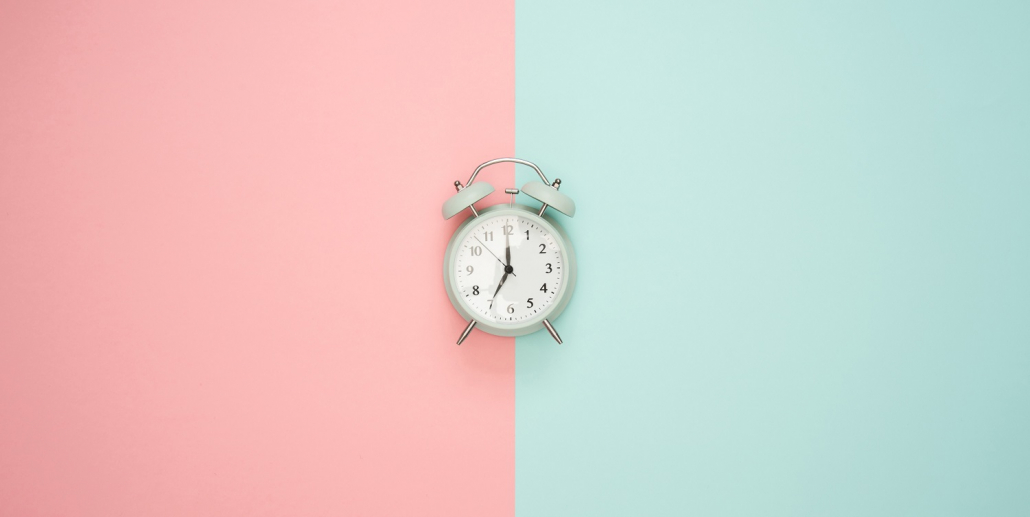By The Open Center
It’s that time of year again! Daylight Savings begins this Sunday, March 14th.
Springing forward one hour can not only affect your schedule, it can throw off your circadian rhythm or your body’s internal clock too.
Here are 5 tips to help you adjust to the time change and minimize the side effects of losing that precious hour of sleep:
- Maintain your sleep hygiene. Sleep hygiene refers to all the things we do before bed to ensure we enjoy a restful night’s sleep. Practicing good sleep hygiene before bed will make it easier to fall asleep–and stay asleep. Enjoy relaxing and calming activities like yoga and meditation and avoid alcohol and caffeine several hours before bedtime.
- Turn off electronics an hour before bed. Not only does the blue light emitted from your electronics trick your brain into thinking it’s daytime, but staying plugged in stimulates the brain, making it harder to fall asleep.
- While a midday nap might be very tempting, taking a long afternoon nap will likely affect your ability to get a full night’s sleep. If you must nap, consider taking a shorter 20 minute nap.
- Exercise. We all know the positive benefits of exercise on our health, but during daylight savings, working out in the lighter morning hours will keep you energized throughout the day.
- Let the sunshine in! Longer days and more sunlight means it’s time to head outside and soak up some Vitamin D! Exposure to sunlight increases serotonin, which is associated with improved moods. Don’t forget your sunscreen.



